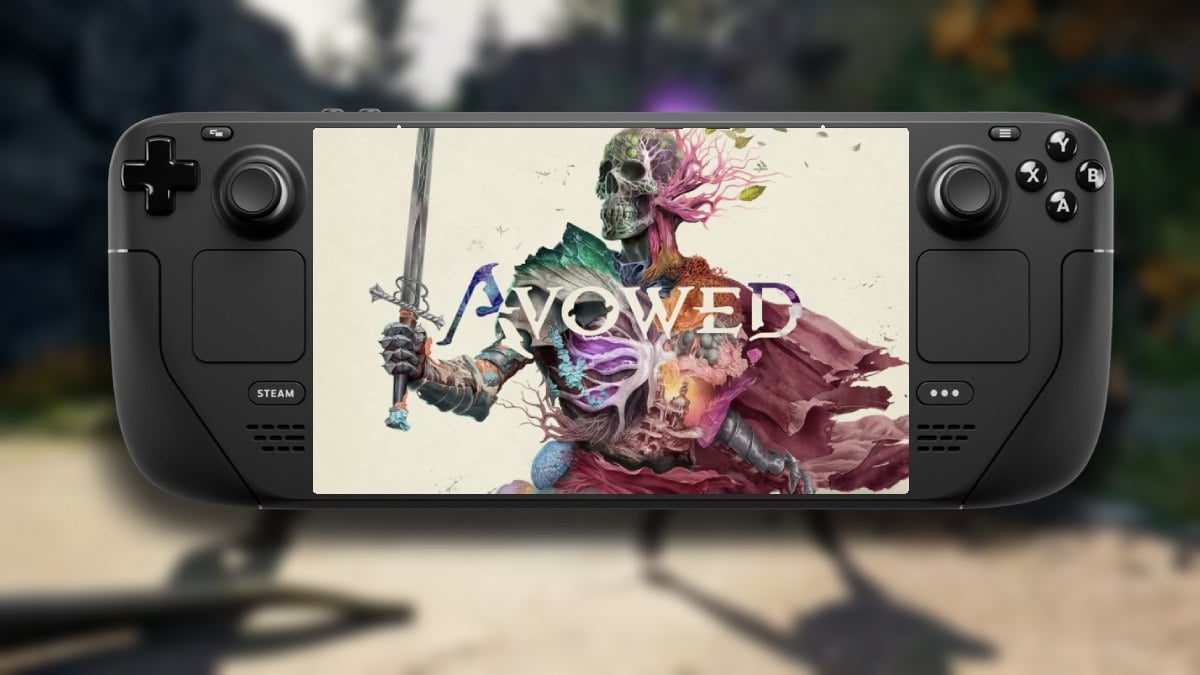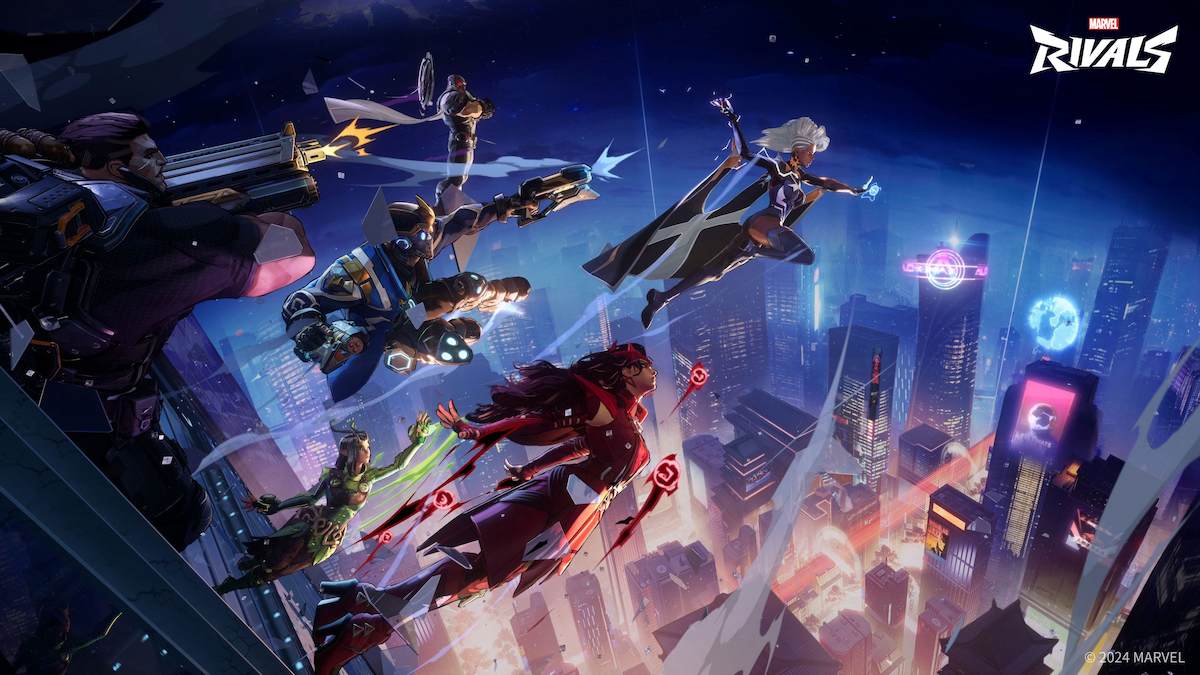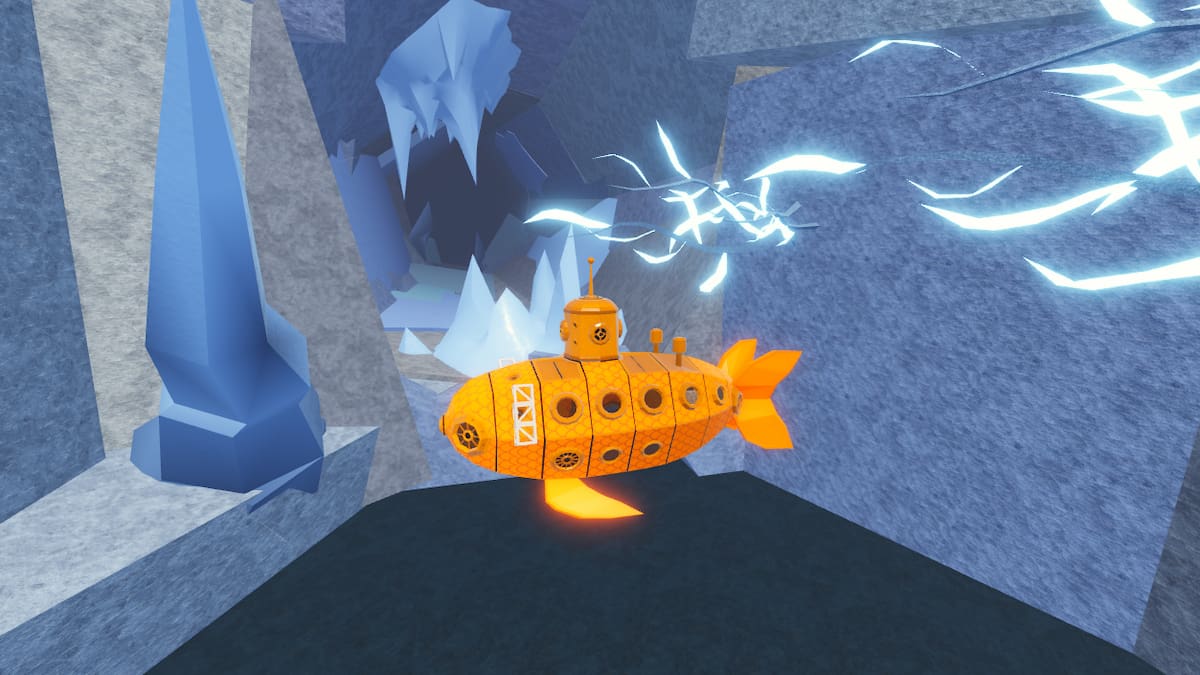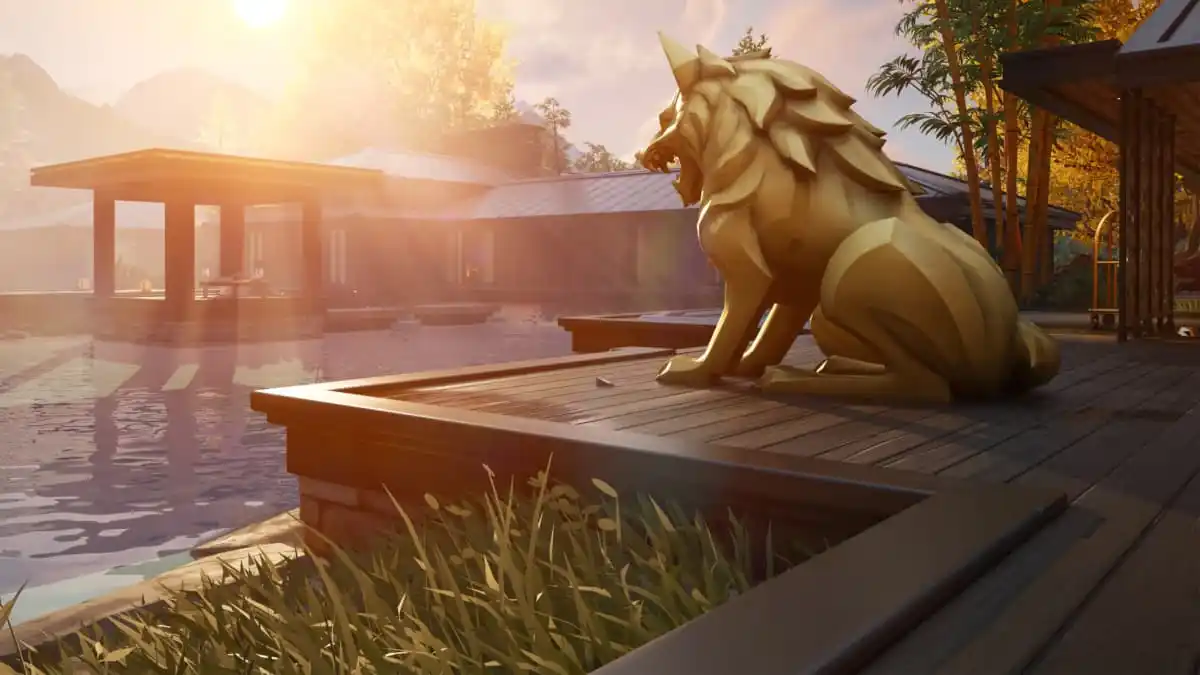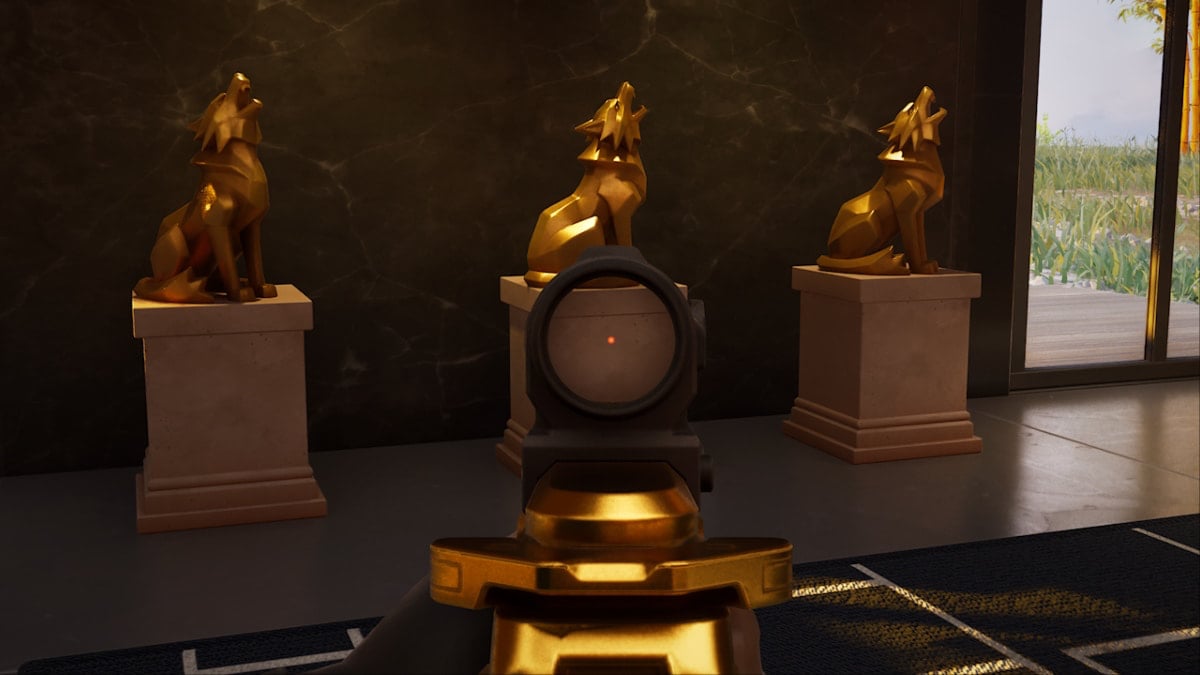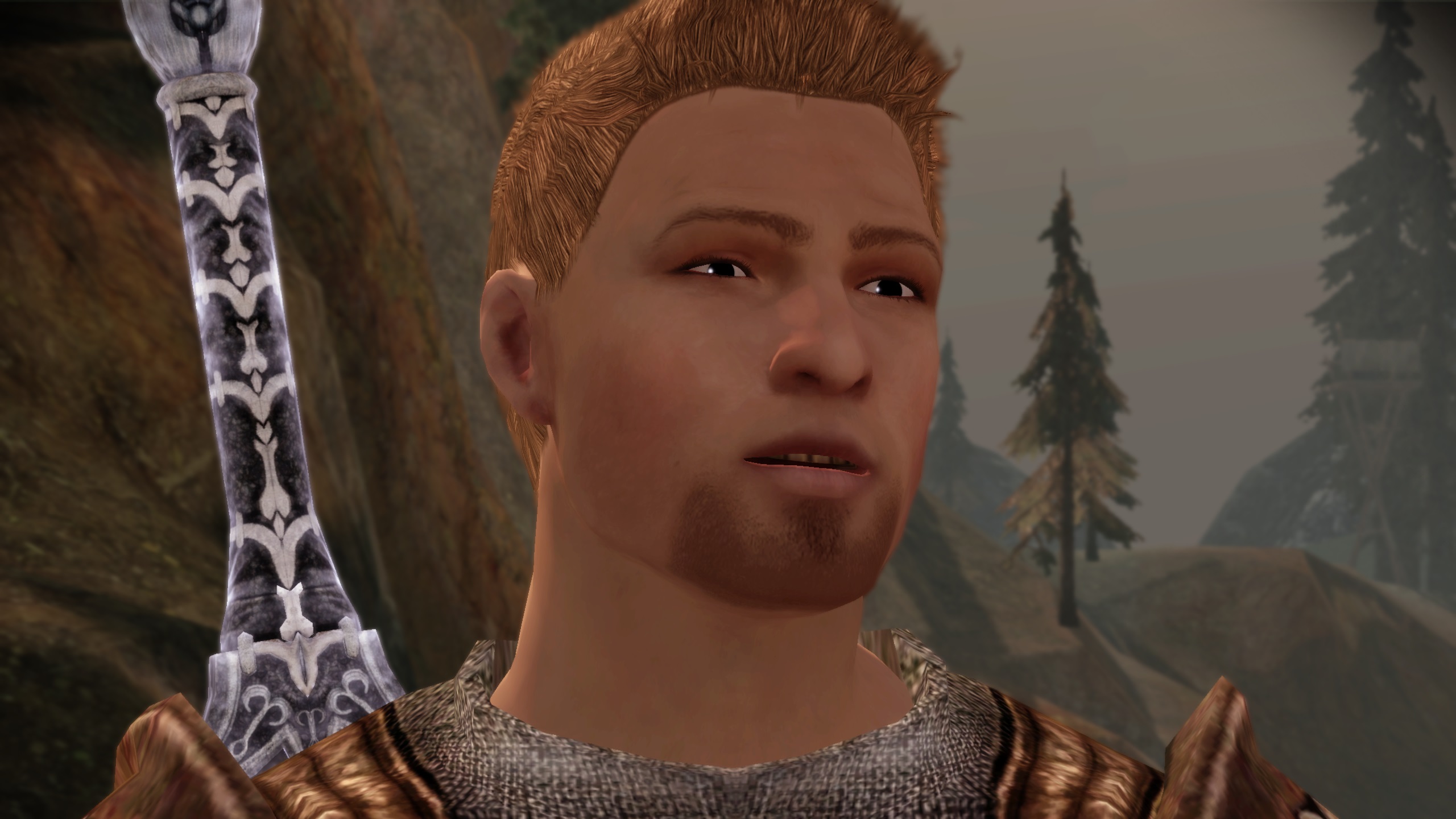
Dragon Age: Origins and DA2 were built on the proprietary Eclipse engine, which hasn't been touched in over a decade.
Dragon Age: The Veilguard is a hit, but creative director John Epler recently said that BioWare currently has “no plans for downloadable expansions” to carry the story beyond its big finish. Sadly for fans who are new to the Dragon Age series, it’s also very unlikely that the older games in the series will ever get a treatment similar to the Mass Effect: Legendary Edition remasters.
In that same interview with Rolling Stone, Dragon Age creative director John Epler said he’d like to see a remastered Dragon Age collection happen, but warned that it’s unlikely because of the technology they were built on. Dragon Age: Origins is actually newer than Mass Effect—it dropped in 2009, two years after Mass Effect effected debuted on Xbox 360—but it uses the proprietary Eclipse engine, as does Dragon Age 2. After that, BioWare switched to Frostbite for Dragon Age: Inquisition, and knowledge of the Eclipse engine slowly drifted away, like magic smoke in a stiff breeze.
“I think I’m one of about maybe 20 people left at BioWare who’s actually used Eclipse,” Epler said. “It’s something that’s not going to be as easy as Mass Effect, but we do love the original games. Never say never, I guess that’s what it comes down to.”
The Mass Effect games, for the record, were all built in Unreal Engine 3, which made the Legendary Edition remasters a much easier project.
It’s a bit ironic, I think, that Baldur’s Gate 1 and 2, the game that put BioWare on the map as the RPG behemoth it (sort of) still is today, both enjoyed well-received enhanced editions using an upgraded version of BioWare’s really old Infinity Engine, yet the decade-newer Dragon Age: Origins is, if not out of reach, then at least a very faint hope: It’s been my experience that “never say never” is functionally equivalent to saying “never.”
I suppose what it ultimately comes down to, though, is money. If Dragon Age: The Veilguard, or some subsequent game in the series, becomes a bonafide moneymaker, EA will no doubt figure out some way to bring those old games back to life for a new audience.



